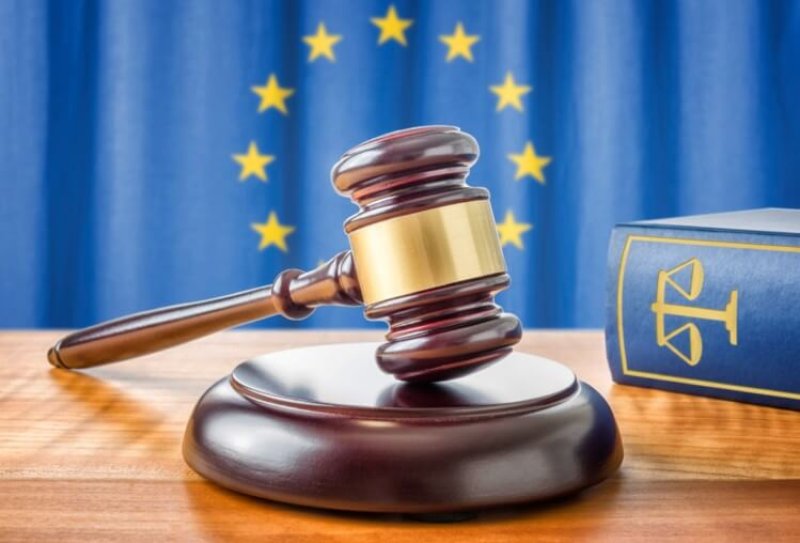The European governments have to decide whether science or politics are applied when it comes to issues such as new plant breeding techniques (NPBTs), EU’s Commissioner for Agriculture and Rural Development Phil Hogan said.
Speaking to a group of journalists on 24 January, Hogan said, “I think 2019 will be an opportunity for overall reflection and see what the legal options are at the highest level of governments about whether we accept science or not as the basis of making decisions on these issues.”
In July 2018, the European Court of Justice (ECJ) ruled that organisms obtained by mutagenesis plant breeding technique are genetically modified organisms (GMOs) and should, in principle, fall under the GMO Directive.
…
Asked by EURACTIV.com about his view on the ECJ decision, Hogan said he was “surprised” by the ruling.
“Health Commissioner Vytenis Andriukaitis is looking at this intensively to see what the legal options available are….It’s going to be a big issue: is it going to be the application of science or the application of political opinions? What are the criteria? This political debate is on its way….” he added.
Read full, original article: EU agriculture Commissioner ‘surprised’ by gene editing court ruling































